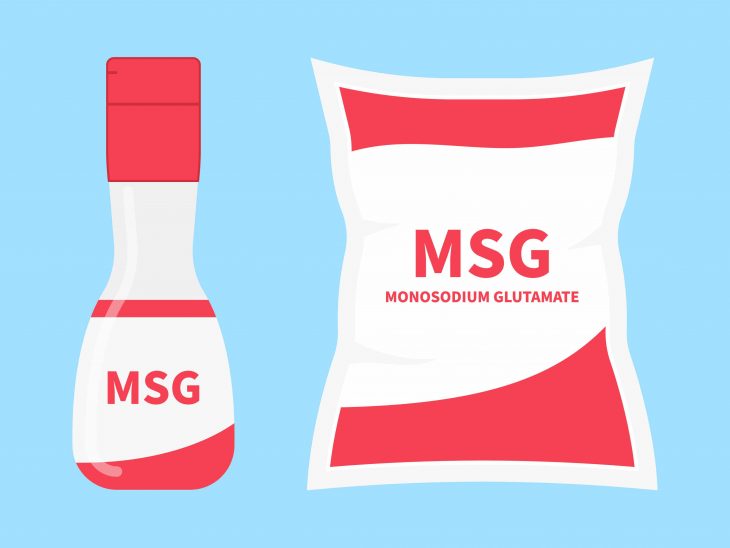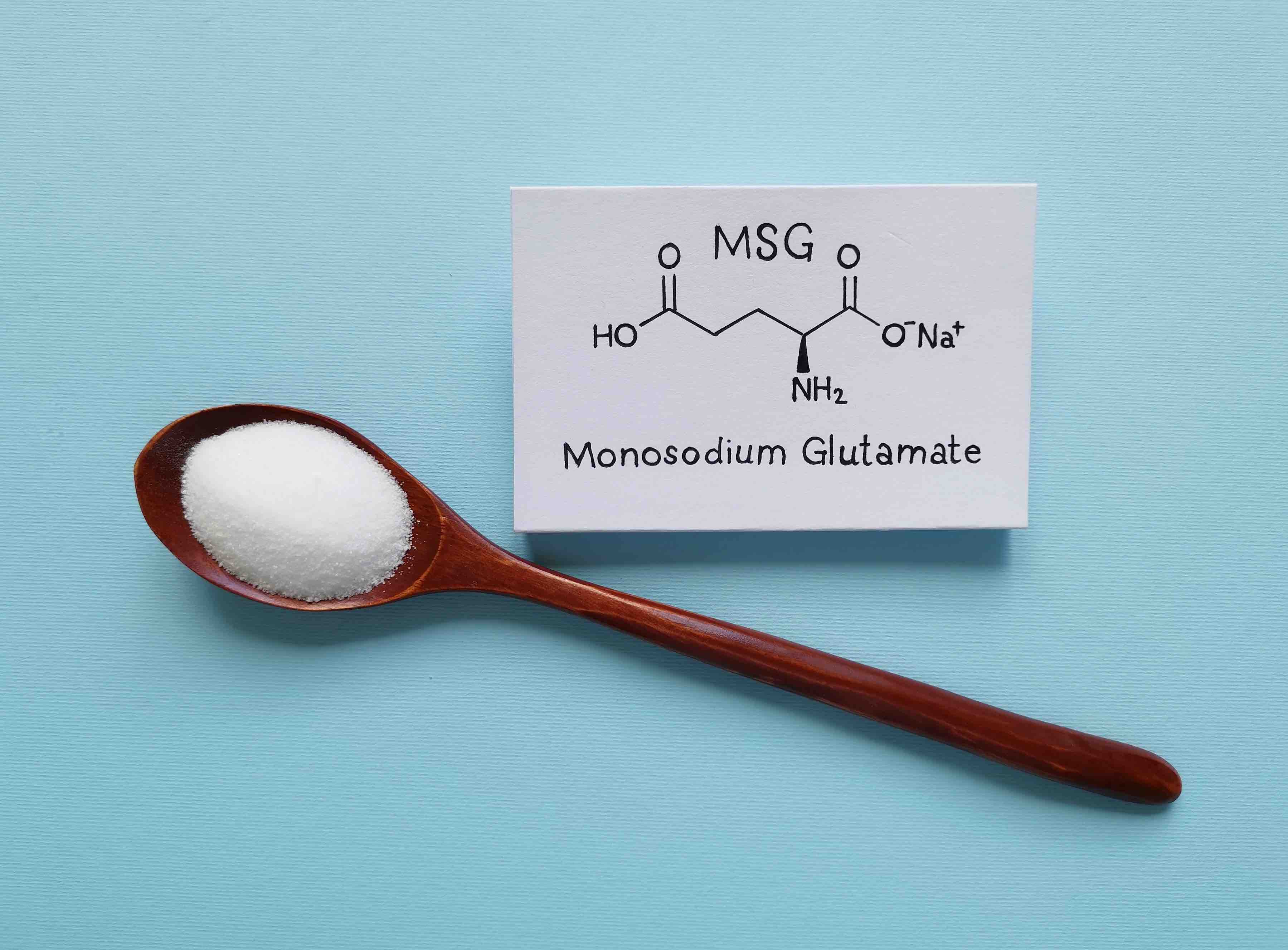
Monosodium glutamate, commonly known as MSG, has long been a topic of discussion and debate in the culinary world. While some people associate it with negative health effects, it’s essential to understand the facts and separate them from myths. In this article, we’ll explore 10 MSG nutrition facts, shedding light on its composition, the potential impact on health, and addressing common misconceptions.
MSG: A Flavor Enhancer
MSG is a food additive used to enhance the umami flavor in various dishes. It is a sodium salt of glutamic acid, an amino acid found naturally in many foods. The addition of MSG can intensify and round out flavors, making food more enjoyable.
Naturally Present in Foods
Glutamic acid, the key component of MSG, occurs naturally in foods such as tomatoes, mushrooms, and cheese. The extraction and synthesis of MSG allow it to be used in concentrated form to enhance flavor in processed foods.
Low in Calories and Fat
MSG is a low-calorie and fat-free additive. It contains only a small amount of sodium, approximately one-third the amount found in table salt. Thus, MSG can be a useful option for those seeking to reduce sodium intake while adding flavor to their meals.
No Direct Link to Allergic Reactions
Contrary to popular belief, MSG is not a common allergen and true MSG allergies are rare. However, some individuals may experience a set of symptoms known as “Chinese Restaurant Syndrome” after consuming foods high in MSG, but scientific evidence linking these symptoms to MSG remains limited.
No Scientifically Proven “MSG Sensitivity”
Many claims about “MSG sensitivity” or “MSG intolerance” lack scientific evidence. Studies have failed to consistently demonstrate a causal relationship between MSG and the reported symptoms, such as headaches or flushing. Individual sensitivities may vary, but most people can safely consume MSG without adverse effects.
Regulation and Safety

MSG has been deemed safe for consumption by various regulatory bodies worldwide, including the U.S. Food and Drug Administration (FDA) and the European Food Safety Authority (EFSA). It is classified as a generally recognized safe (GRAS) ingredient when used in accordance with good manufacturing practices.
Use in Moderation
As with any food additive, moderation is key. While MSG is generally safe, consuming excessive amounts may contribute to an increased intake of sodium. It’s important to be mindful of overall sodium consumption and maintain a balanced diet.
Not the Same as Sodium
MSG is often erroneously associated with high sodium content. However, MSG itself contains less sodium compared to table salt. Individuals who need to restrict sodium intake for health reasons should be aware of the total sodium content in their diet, including both naturally occurring and added sources.
Popular in Asian Cuisine
MSG has been used in Asian cuisine for decades, particularly in Chinese, Japanese, and Korean cooking. Its ability to enhance savory flavors has made it a staple ingredient in many traditional dishes.
Alternative Flavor Enhancers
While MSG is one option for enhancing flavors, there are alternative seasonings available, such as herbs, spices, and natural flavor enhancers like yeast extracts. These alternatives can provide flavor diversity and cater to personal preferences.
Conclusion
In conclusion, understanding the facts about MSG is crucial to make informed choices about its consumption. MSG is a flavor enhancer with a long history in cooking, and it has been deemed safe for most people by regulatory bodies. While some individuals may experience mild symptoms, true allergies to MSG are rare. As with any food additive, moderation and a balanced diet are essential for overall health.
Frequently Asked Questions (FAQs)
Is MSG harmful to your health?
Scientific research and regulatory bodies suggest that MSG is safe for consumption when used as directed. It is not considered harmful to most individuals. However, some people may experience mild symptoms after consuming foods high in MSG.
Can MSG cause headaches?
While anecdotal reports of headaches or migraines after consuming MSG exist, scientific studies have not consistently demonstrated a causal relationship. People who suspect a connection between MSG and headaches should consult with a healthcare professional.
Can you avoid MSG in your diet?
It can be challenging to completely avoid MSG since it is present in various processed foods, restaurant meals, and condiments. However, cooking from scratch using fresh ingredients allows you to have more control over the ingredients in your meals.
Is there a difference between naturally occurring glutamic acid and added MSG?
The glutamic acid naturally present in foods and the glutamic acid in added MSG are chemically identical. However, the concentration of glutamic acid is higher in MSG, which allows for a more pronounced flavor enhancement.
Can MSG be used in a balanced diet?
Yes, MSG can be used in moderation as part of a balanced diet. It can enhance the flavors of foods, allowing for more enjoyable and satisfying meals. Be mindful of overall sodium intake and consider the sodium content from all sources in your diet.
Was this page helpful?
Our commitment to delivering trustworthy and engaging content is at the heart of what we do. Each fact on our site is contributed by real users like you, bringing a wealth of diverse insights and information. To ensure the highest standards of accuracy and reliability, our dedicated editors meticulously review each submission. This process guarantees that the facts we share are not only fascinating but also credible. Trust in our commitment to quality and authenticity as you explore and learn with us.
